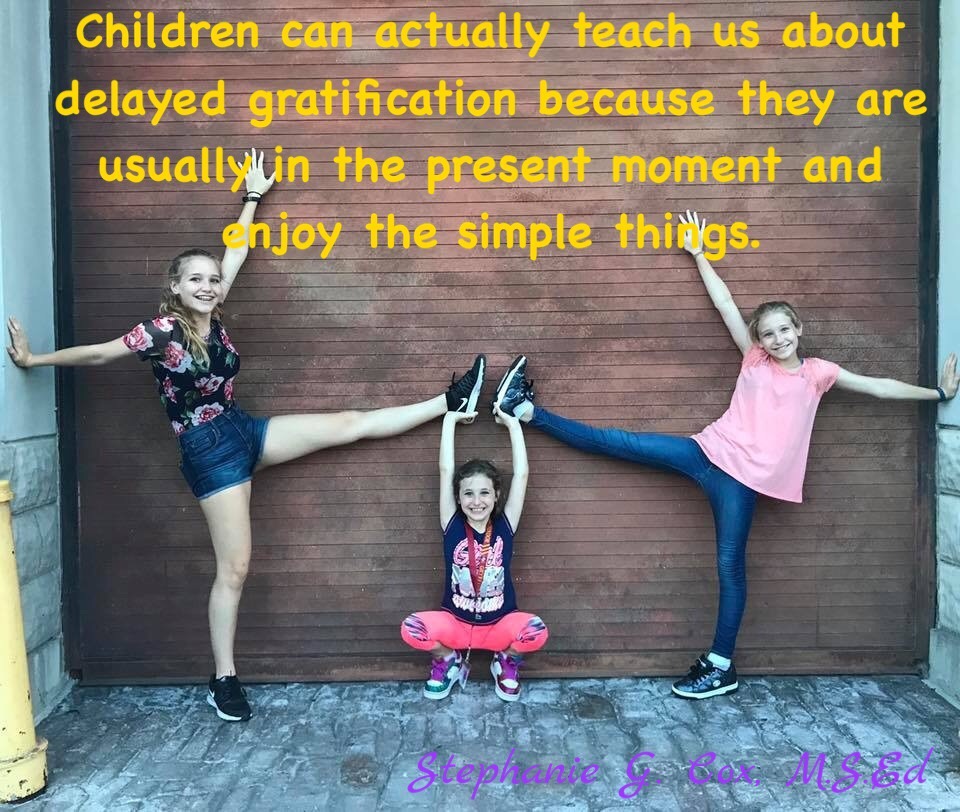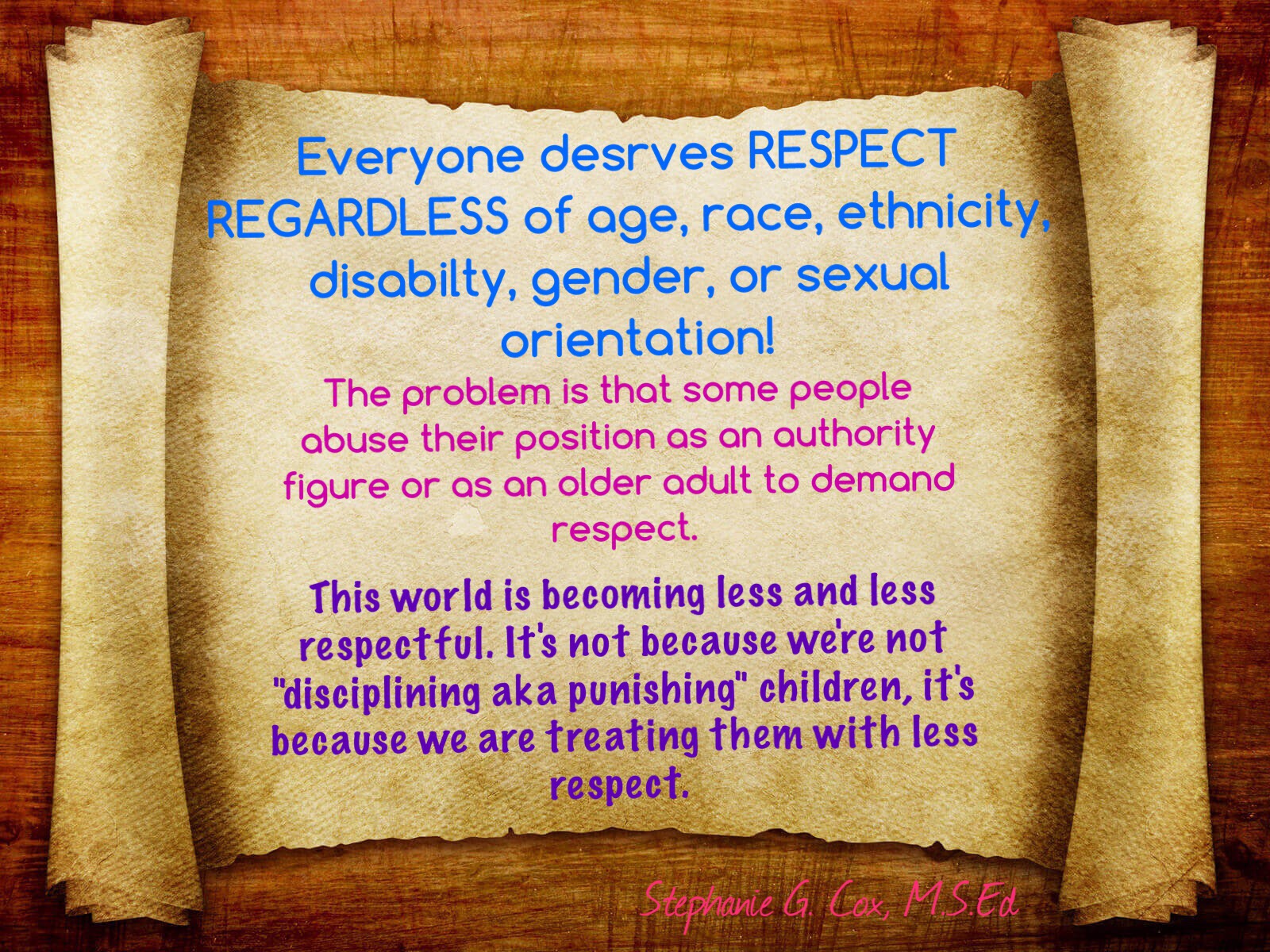With the ongoing pandemic going on, my husband and I have been in isolation for eleven months now, and in October, the one place I could safely go in was taken away because of the rising numbers of COVID-19. So except for rides and medical appointments, I have not been anywhere in four months. There’s a little hope with the new president that takes the virus seriously and with the shots that may prevent COVID-19, but there’s a lot of uncertainty and people still don’t want to take proper precautions to limit the spread.
All this is leading to unprecedented anxiety, depression, and desperation for me and many others. I am a trauma survivor with the serious side effects of anxiety, depression, PTSD, and CPTSD. I am losing track of the days and I am feeling like time is going in a weird speed. My trust issues and abandonment issues are becoming worse and I don’t want to push the very people who truly love me away. It’s a scary, lonely place and I am continuing to work with a therapist to get through the trauma of the abuse that was heaped upon me. But even therapy is harder because I can’t go in person.
This has been leading me to think about isolating time-outs for children. I know I covered it in this post I wrote a few years ago, but with this new understanding of isolation and what it is doing to my 39-year-old brain, I want to talk about it again.
Isolation can definitely cause negative effects on the child’s brain as well as adults. Here’s research showing the effects of isolation on the brain.

It can cause anxiety, depression, desperation, despair, anger, and hopelessness. This article shows the research on the effects of social isolation. We are social beings that need meaningful relationships. As someone with a severe disability, even before the pandemic started, there have been many times in my life that I was in a room full of people but I still felt lonely because I wasn’t able to find a deep relationship with anyone there. I communicate easier online due to my slurred speech, but I still require in-person interaction.
This all leads me to isolation and children. While toddlers will be ok with this pandemic and the quarantine as long as they have supportive adults who are able to manage their stress, older children are definitely being effected by not having the same level of social opportunities that they used to have. Sadly, suicide rates for children are increasing. Some children live in abusive or dysfunctional homes and they have lost their outlet of school and other activities that give them a break from their home lives.
Due to the experience of being isolated from the world except for online, I have an even better understanding isolating time-outs. Using isolating time-out is damaging to the child’s brain. I am not talking about the quick break that we all need sometimes. I am talking about forcing the child to sit quietly alone for a specific amount of time and then making it longer if he/she doesn’t sit quietly. This is punishment and harmful. It is essentially isolation.
While if a parent is still bent on using punishment, I would rather have the parent use time-out rather than spanking/hitting their children. However, isolating time-out doesn’t teach anything but that the child deserves to be alone until he/she can behave. Children, especially young children, have no sense of time so they feel like it is forever. I remember feeling that way when I was put in my room and I would scream with anger and fear. I hated my parents. It didn’t teach me anything.
My husband remembers his dad leaving him for a brief period of time and he felt anxious about when his dad would be back because even though he was 8-years-old and old enough to be left briefly, he still had no sense of time.
As I mentioned in my previous post about time-outs, children are usually not sitting there thinking about what they did wrong. Rather, they’re angry, confused, in fight or flight mode, and wondering how much longer they have to sit there. Some may learn to berate themselves for messing up. Some may learn to distract themselves during the time-out.
Time-in, however, allows for quiet time with a supportive adult even if he/she just sits nearby until the child calms down enough to talk through what happened. The adult can use time-in to teach children emotional regulation, empathy, validation, and coping skills such as deep breaths or using words to help them express themselves in a healthy manner.
I understand that we are all on edge right now but isolating children to punish them will only make the children feel even worse and may exacerbate negative behaviors. We all need to give each other grace and empathy during this ongoing stressful time.




















